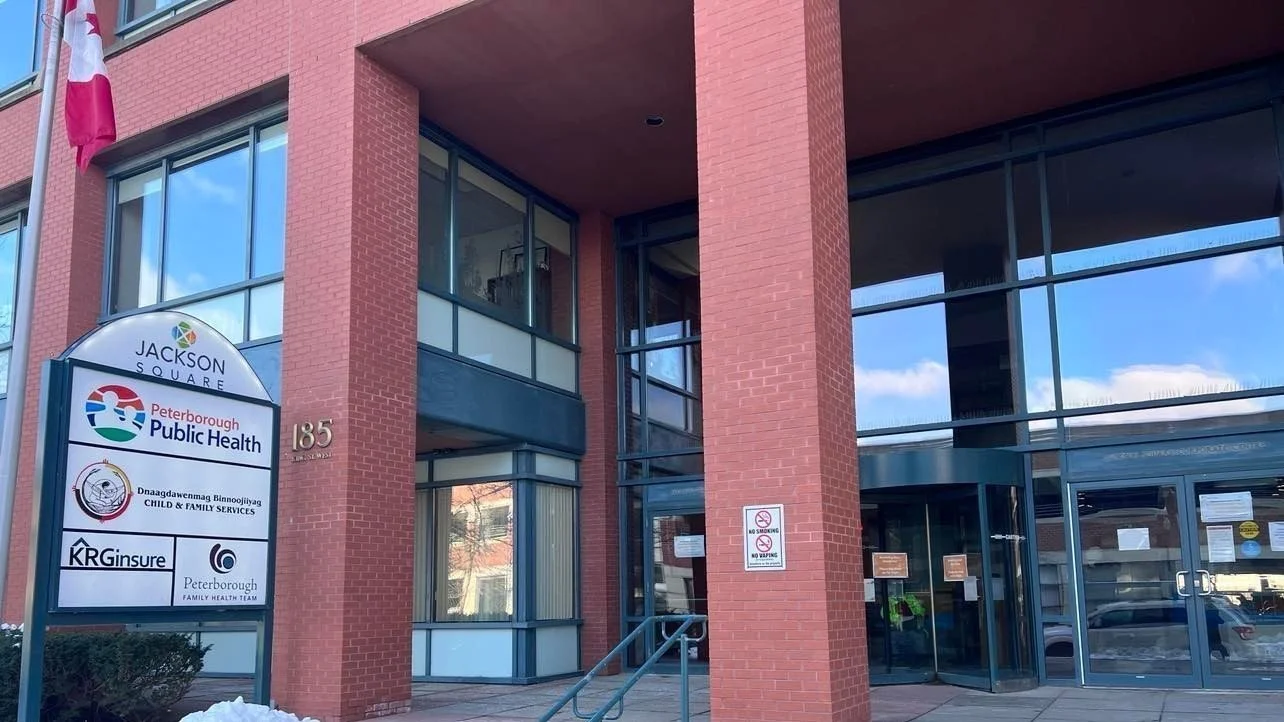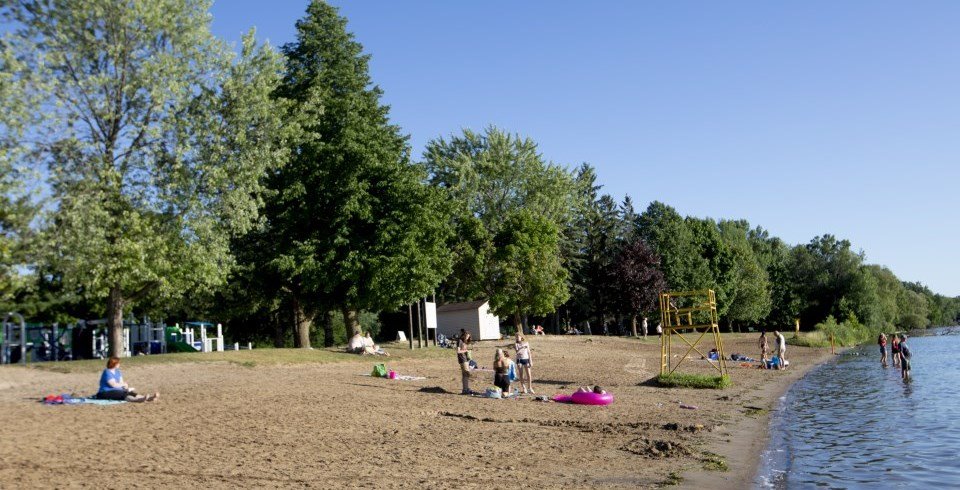North Kawartha and Trent Lakes Well Water Sampling Program Resumes For 2025 Season
/The well water sampling drop-off program will resume for the 2025 season on Tuesday in the Township of North Kawartha and the Municipality of Trent Lakes.
Photo by David Tuan Bui.
The program offers free water sample collection kit pick-up and sample drop-off through these municipal offices.
Water samples can be dropped off at:
North Kawartha Municipal Office – 280 Burleigh St., Apsley,
Tuesdays and Thursdays, 9 a.m. to 10 a.m.Trent Lakes Municipal Office – 760 County Road 36, Trent Lakes,
Tuesday and Thursdays, 8:30 a.m. to 10 a.m.
Samples are then couriered to the Public Health Ontario Lab in Peterborough for testing. Empty sample bottles can be picked up from these offices during regular business hours. Samples must be dropped off at the municipal offices within 24 hours of collection to ensure they reach the lab and are processed promptly. Residents are encouraged to carefully read each kit's sampling and collection instructions. Filled sample bottles should be delivered to the front desk at the municipal office. Staff will then place it in a fridge until the courier collects it.
Well water testing is recommended at least twice yearly, in the Spring and Fall. Water samples are tested for two types of bacterial contamination: total coliforms and E. coli. Anyone can become ill if they consume contaminated water, but young people, older adults, and immunocompromised individuals are at higher risk.
Water samples can also be dropped off year-round at the following locations:
Havelock-Belmont-Methuen Township Office, 1 Ottawa St., Havelock
Monday to Thursday, 8:30 a.m. to 4:30 p.m.Peterborough Public Health, 185 King St., Peterborough
Monday to Thursday, 8:30 a.m. to 4:30 p.m.
Friday., 8:30 a.m. to 12 noonPublic Health Ontario Laboratory, 99 Hospital Dr.
Monday to Friday, 8:30 a.m. to 4:30 p.m.


















